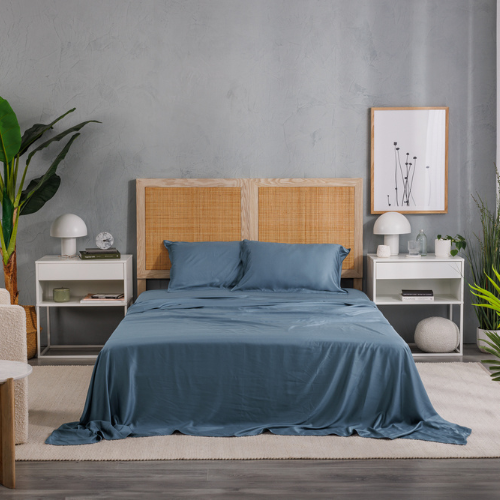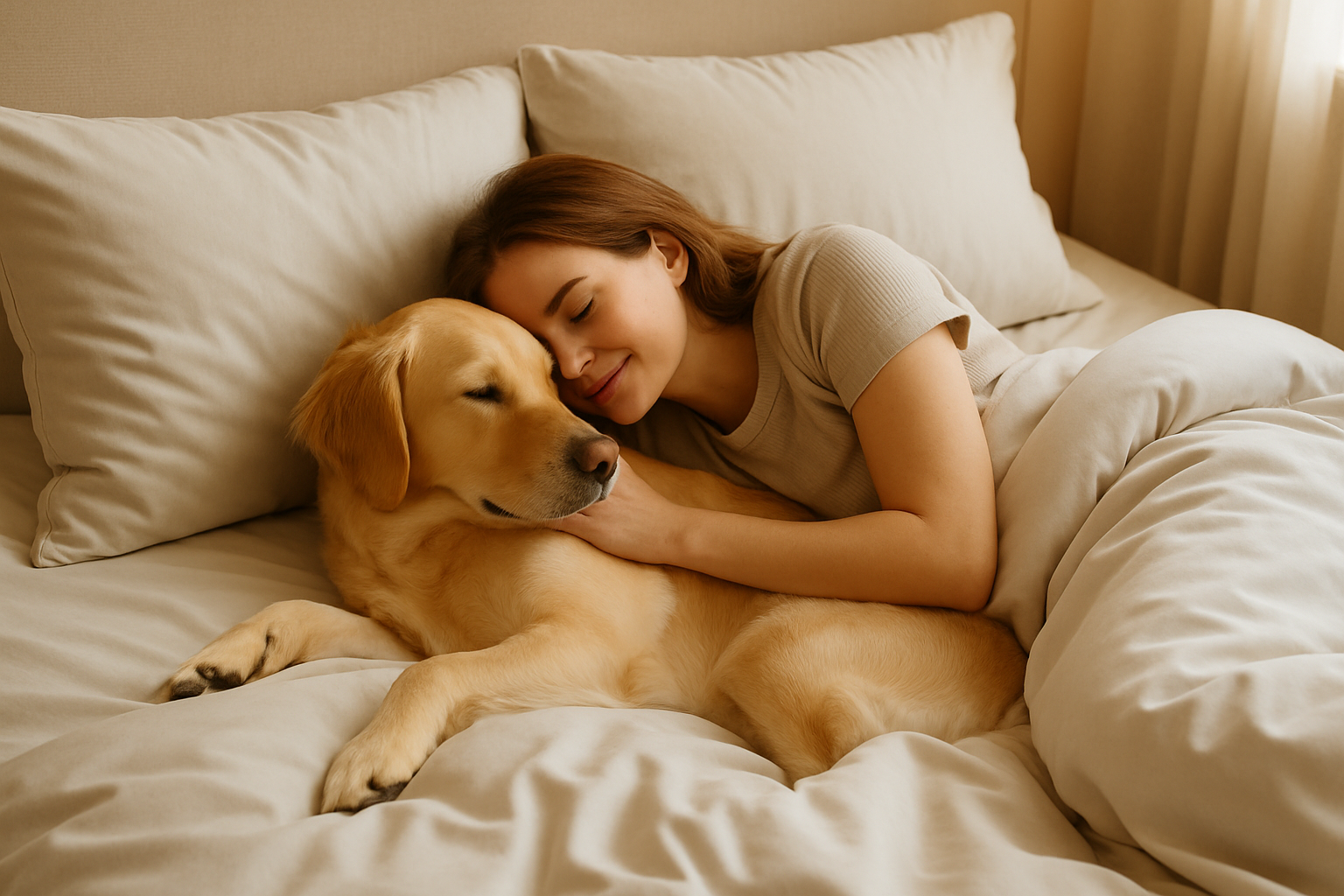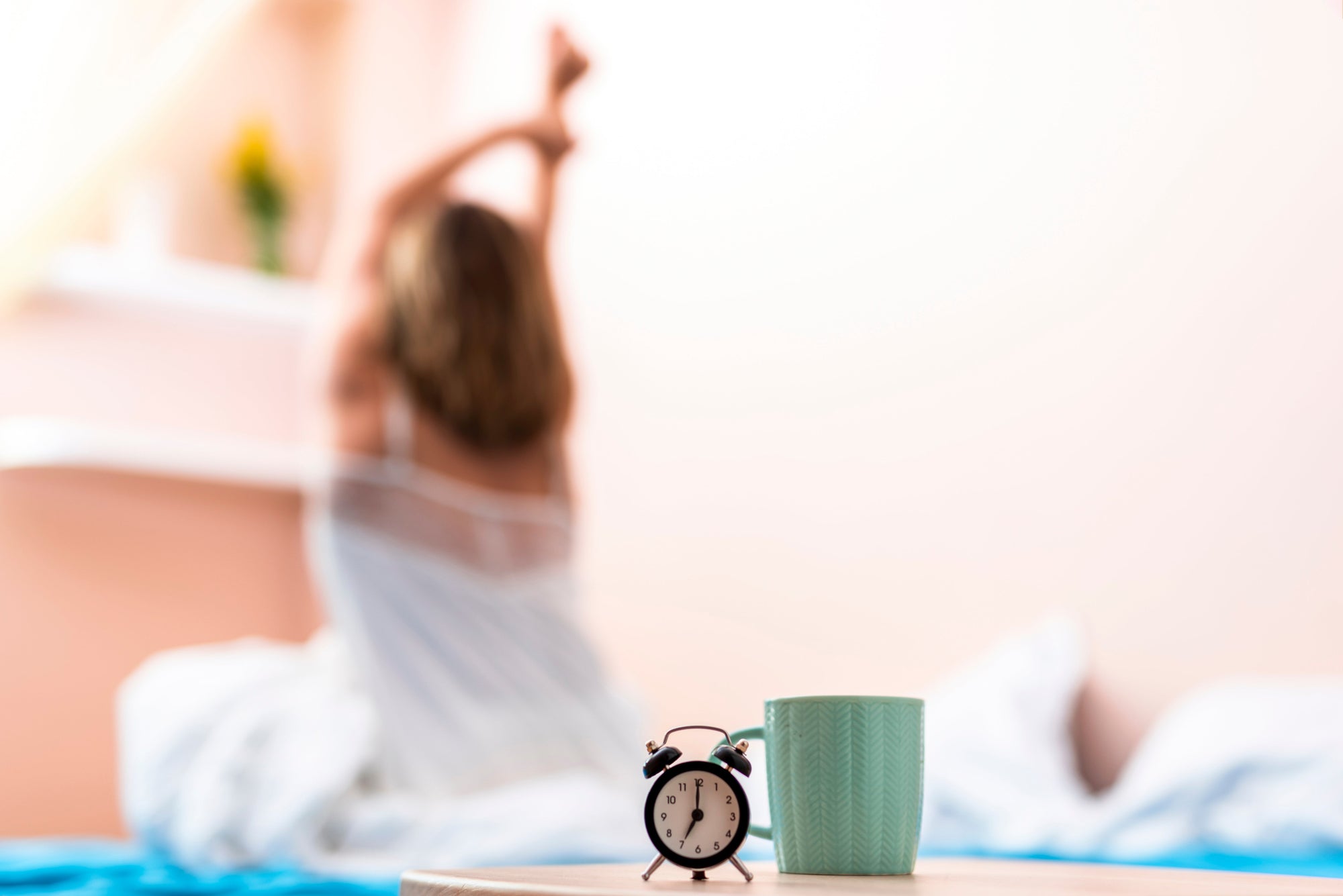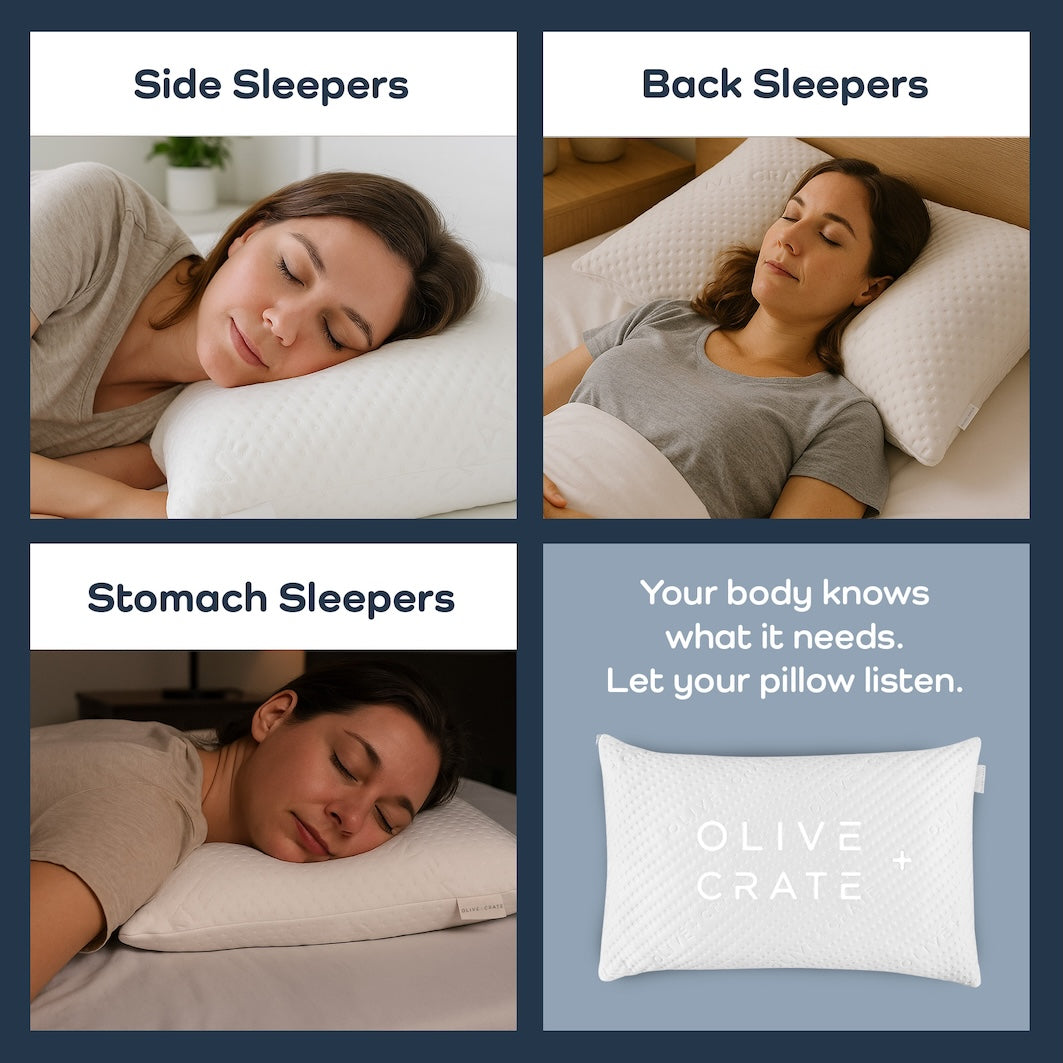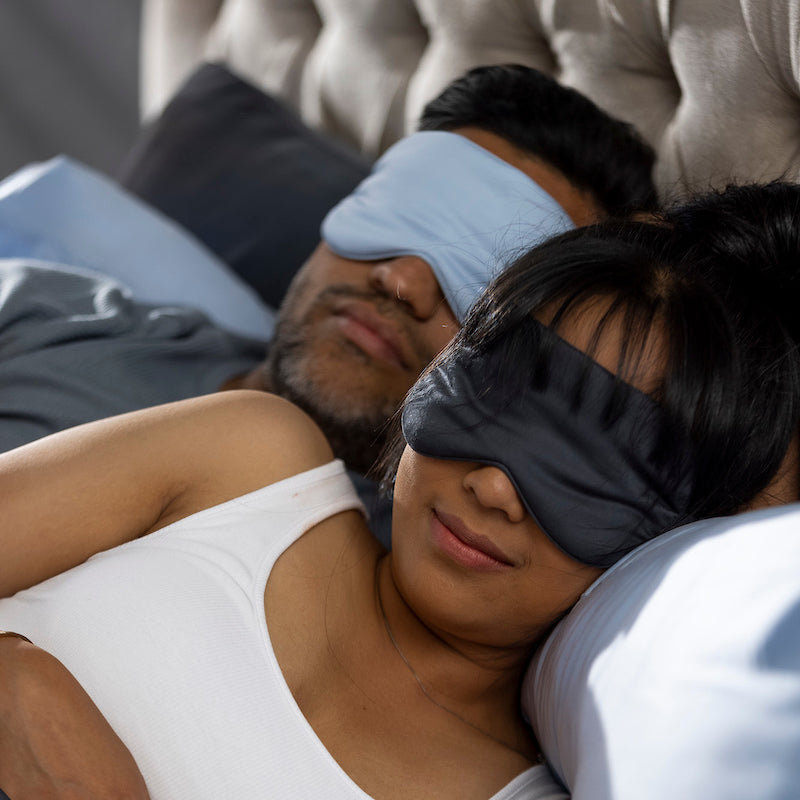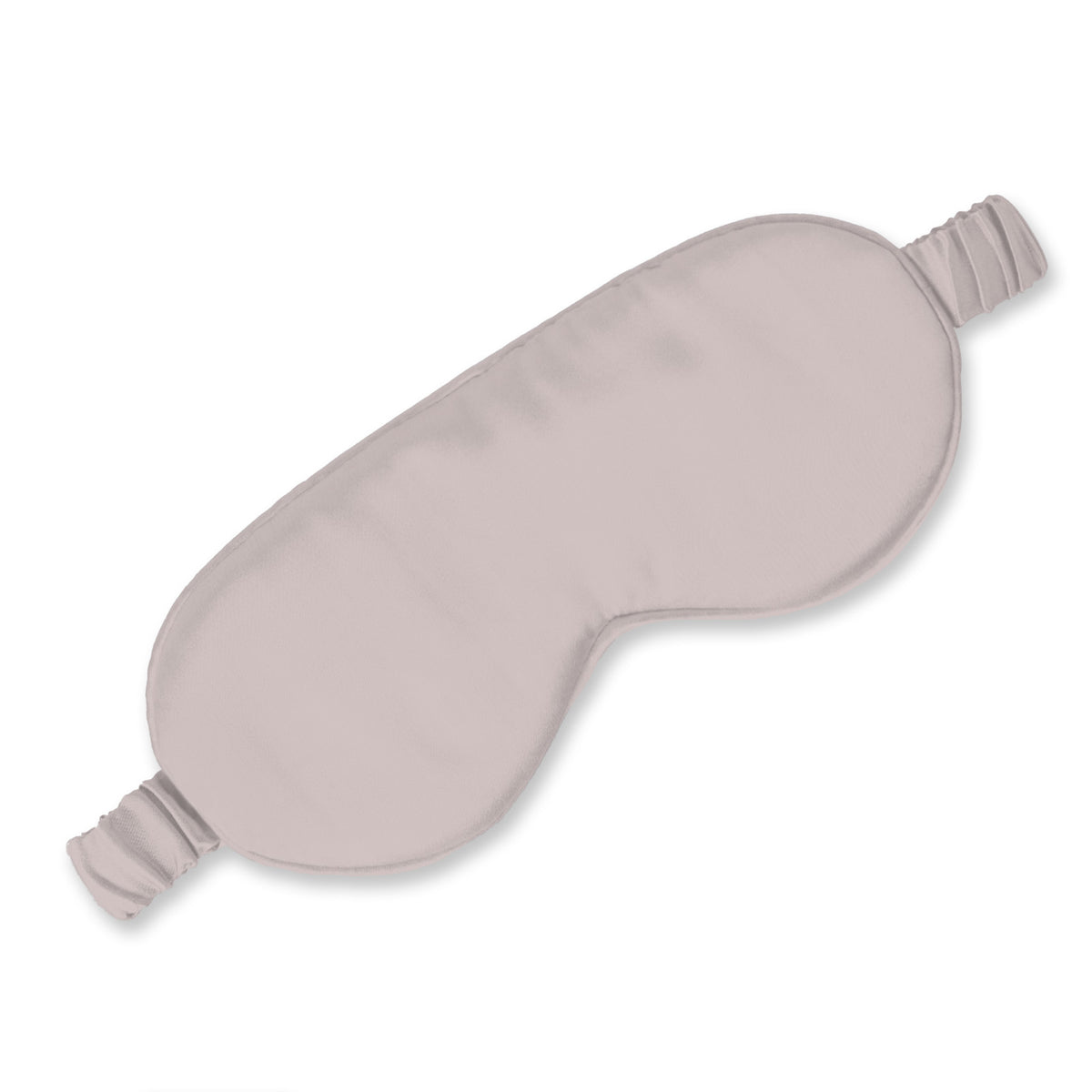We’ve all been there: lying in bed, phone in hand, scrolling long past the moment we meant to switch off. What starts as “just five more minutes” can quietly steal away precious sleep, leaving us groggy and restless the next day.
The truth is, the screens we rely on during the day can sabotage our nights, unless we learn to step back. That’s where a digital detox comes in.
Think of it less as a harsh ban on technology and more as a gentle shift.. a chance to reclaim a calmer, screen-free space where your body and mind can prepare for deep, restorative rest.
Why Limiting Screen Time Helps You Sleep Better at Night
Phones, tablets, and laptops emit blue light, which tricks your brain into thinking it’s still daytime. This delays the release of melatonin, the hormone that helps you fall asleep fast.
Add in the stimulation of late-night scrolling, Netflix binges, or catching up on emails, and your nervous system stays “on” long after your body craves rest.
Cutting back on screen time at night lets your body relax into rest mode, so falling asleep feels easier and mornings feel brighter.
And it’s not just adults — even younger people are learning how much adolescent sleep requirements impact mood, energy, and long-term health.
🌙 7 Steps for a Mini Digital Detox: A Night Routine Checklist
1. Turn Off Tech — That Means Everything
Say goodnight to every screen: no playlists, no audiobooks, no Netflix, no late-night scrolling. This small act of sleep hygiene helps you create space for stillness, not stimulation.
2. Apply a Blue-Light Defense Skincare Product
Protect and soothe your skin after screen exposure. This little ritual signals to your mind and body: we’re transitioning into a bedtime routine that prepares you for rest.
3. Gentle Movement to Relax and Unwind Before Bed
Stretch lightly, do a few minutes of gentle yoga, or walk slowly around the house. The goal isn’t exercise, but calming your nervous system so you can fall asleep faster.
4. Practice One Minute of Mindfulness and Deep Breathing
Sit or lie still, close your eyes, and breathe deeply. Try simple breathing exercises or a short meditation. Even one mindful minute helps you relax and prepare for a better night’s sleep.
5. Journal or Write Yourself a Love Note for the Morning
A short journaling practice before bed can ease a busy mind. Leave yourself a kind message — encouragement, gratitude, or simply “You’ve got this.”
This soothing ritual helps you sleep better at night with less stress (and it turns out, quality sleep plays a big role in lowering stress levels during the day).
6. Read a Paper Book to Wind Down Naturally
Trade blue light for printed pages. Choose a calming story (skip the crime thrillers and cliffhangers). Reading is one of the best ways to relax before sleep and avoid overstimulation.
7. Go to Bed Early in a Comfortable Sleeping Environment
Slip into natural, breathable bedding that prevents overheating at night. The best temperature for sleeping is between 18–20°C, which helps your body stay cool in summer and cozy in winter.
Investing in luxuriously breathable bedding like eucalyptus sheets can make a world of difference when it comes to creating that ideal sleep sanctuary.
Creating a Calming Bedroom Environment to Sleep Well
Your digital detox becomes even more effective when paired with a soothing sleep environment:
-
Maintain a consistent schedule by going to bed and waking at the same time each day.
-
Keep your bedroom cool — the most comfortable sleeping temperature is around 18–20°C, ideal for better sleep.
-
Choose breathable eucalyptus bedding to stay cool at night and prevent overheating in hot weather.
-
Block out distractions with blackout curtains or an eye mask for a calming, technology-free space.
When your space feels serene and your bedtime routine supports relaxation, you’ll not only fall asleep faster but also sleep well through the night.
How to Start a Digital Detox for Better Sleep Hygiene
A digital detox doesn’t have to be all-or-nothing. Even 20–30 minutes of screen-free downtime before bed can improve your sleep routine and help you unwind.
With consistency, these rituals will become second nature — a nightly wind-down that helps you sleep better at night and wake refreshed.
Remember: good sleep hygiene isn’t about perfection. It’s about small, soothing steps that prepare both body and mind for rest.


